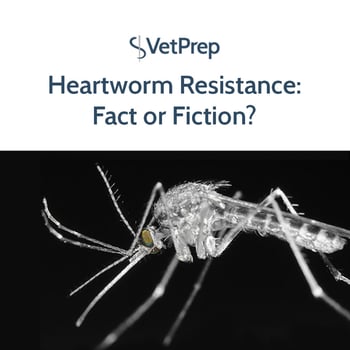As a new grad, you may occasionally run across reports of heartworm infections that are resistant (or thought to be resistant) to heartworm prevention. Heartworm resistance became a hot topic in the early 2000s, when several cases were discovered.
Follow Us
The surprising thing you may not know about Bartonellosis
While veterinary professionals are aware of the zoonotic potential of feline Bartonellosis, the potential for this hemotropic infectious organism to cause psychiatric disorders in humans may come as a surprise.
It is important to be aware of this risk, especially since B. henselae is not uncommon among cats. In fact, according to the CDC, “Bartonella henselae bacteremia has been documented in 30-40% of domestic and adopted shelter cats.” [1]
Topics: Bartonellosis
Topics: Brucella canis
4 Dog Breeding Questions a Vet Should Ask Clients
As a vet, you are likely to encounter a number of clients who want to breed their dogs. There are a variety of possible motivations behind breeding: financial gain, wanting a puppy similar to their own adult dog, the desire to provide an educational experience for their children, and many others.
Topics: Spay / Neuter, Client Situations, Veterinary Clients, Client Communications, Breeding
Over 100 Veterinary Hospital Employees Exposed to Plague by Pet Dog
In December 2017, a young dog was treated by its veterinarian for fever and respiratory signs that developed four days after sniffing a dead prairie dog. When the dog failed to respond to antibiotics and began coughing up blood, it was taken to the Colorado State University Veterinary Teaching Hospital for additional diagnostics and treatment.
Topics: Plaque, prairie dog





